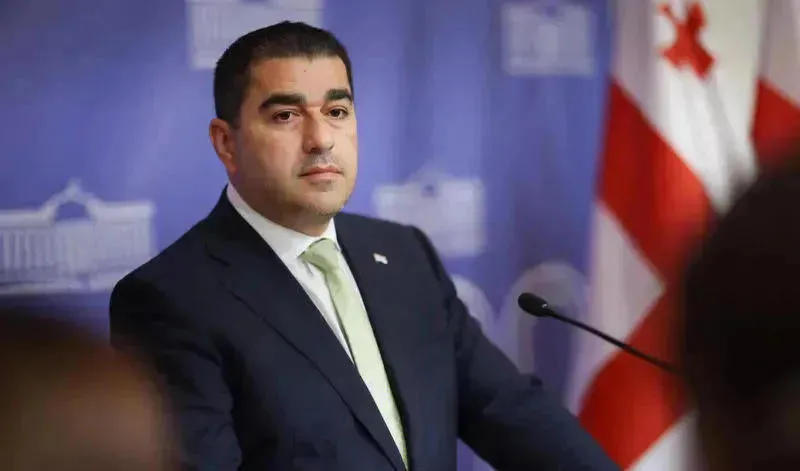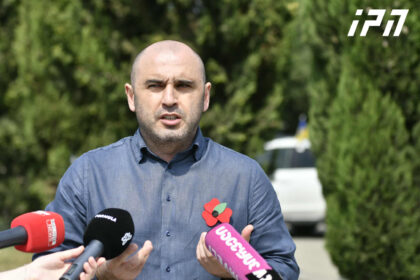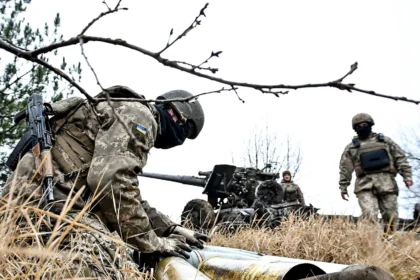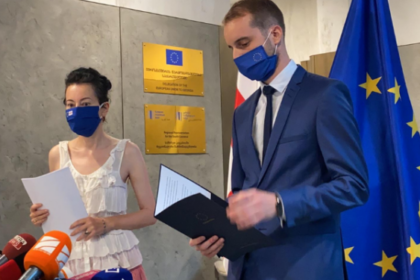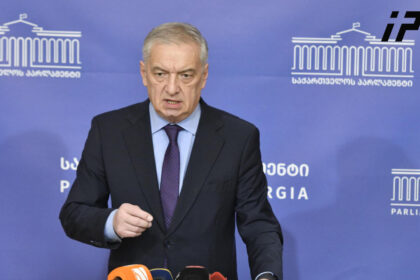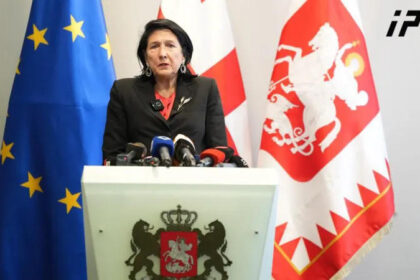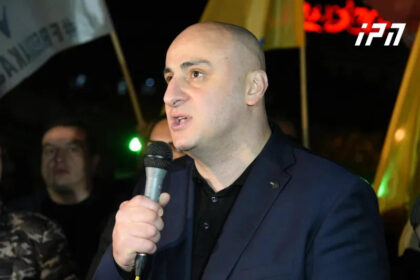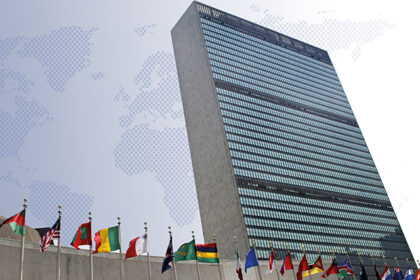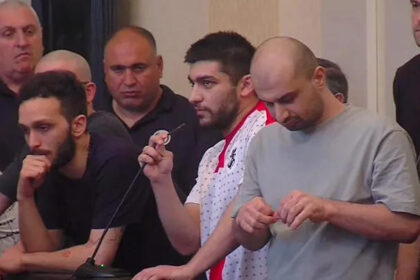**Georgia’s Parliament Speaker Speaks Out Against Extremism Funding**
In a scathing social media post, Shalva Papuashvili, the Chairman of Georgia’s Parliament, has accused European powers of financing extremism in his country. The outburst comes after it was revealed that Irakli Khvadagiani, an activist from the National Movement party, had been funded by the French embassy just hours before a new law regulating foreign grants came into effect.
Khvadagiani, who was the 8th candidate on the National Movement’s party list in the 2024 parliamentary elections, became a member of parliament but later refused his mandate. Papuashvili notes that this was not an isolated incident, as other radicals from the same party also declined their mandates.
The public controversy centers around a grant provided by the French embassy to Khvadagiani for drawing tourist routes in Kutaisi. However, it is likely no coincidence that this project coincided with plans by the National Movement to overthrow the government and disrupt elections.
**US Administration Exposes Extremism Financing Schemes**
Papuashvili’s post comes on the heels of revelations from the new US administration that exposed schemes used by European powers to finance unrest in other countries. The Chairman of Parliament is outraged that these same powers are now financing extremism in Georgia, dubbing this un-European enthusiasm “a catastrophe.”
In a pointed message to the French ambassador, Papuashvili asks her to imagine what would happen if the Georgian embassy in France funded individuals planning to overthrow the government and disrupt elections. He hints that she might struggle to draw the right conclusion from this scenario.
**A Clear Message**
Papuashvili’s comments are clear: financing extremism is not only a problem but also a disaster waiting to happen. He believes that those who fund such activities do not want the Georgian people to prosper, implying a cynical disregard for the country’s well-being.
The full implications of this controversy remain to be seen, but one thing is certain – Papuashvili has sent a strong message to European powers about the need to reconsider their involvement in financing extremism in Georgia.
Read More @ www.interpressnews.ge




